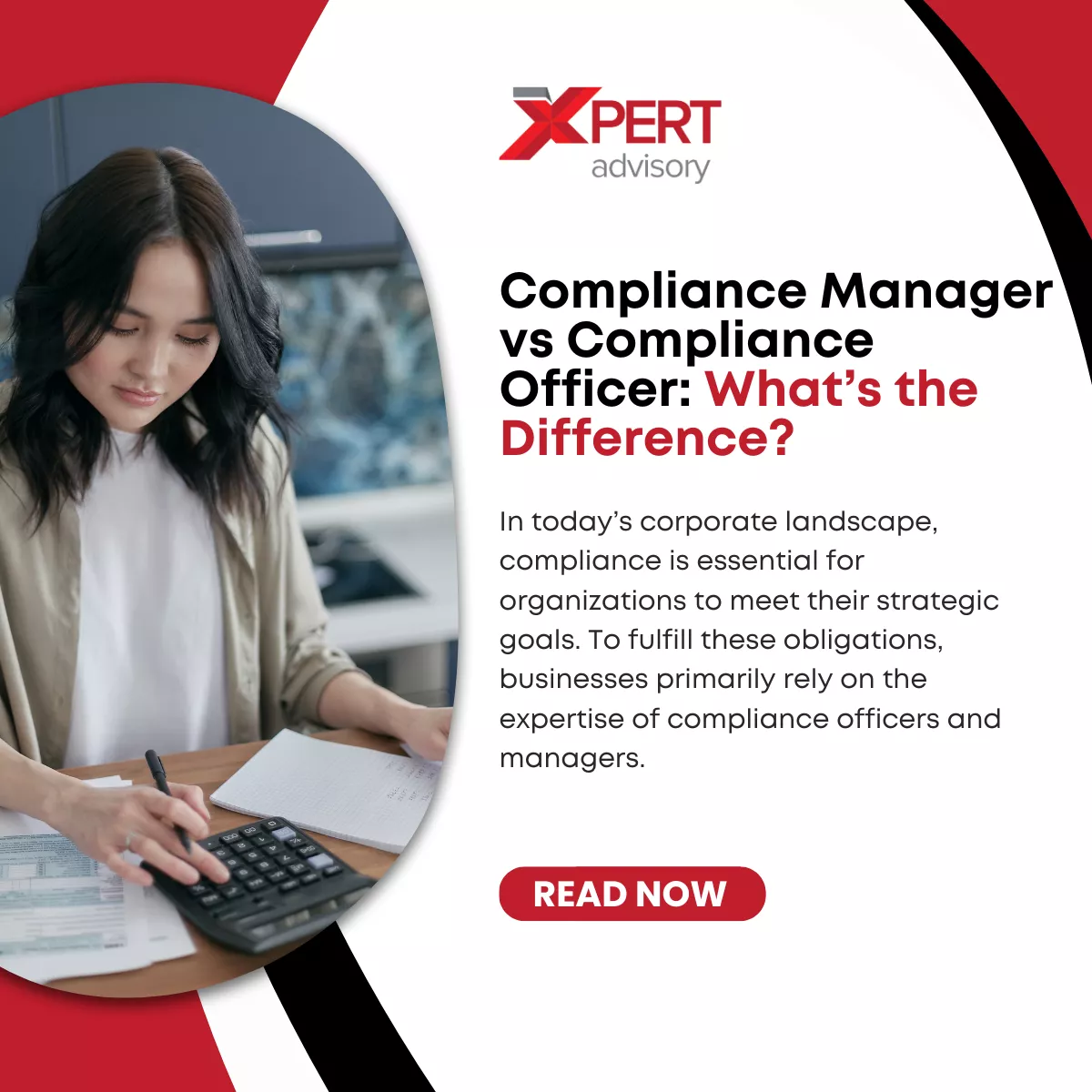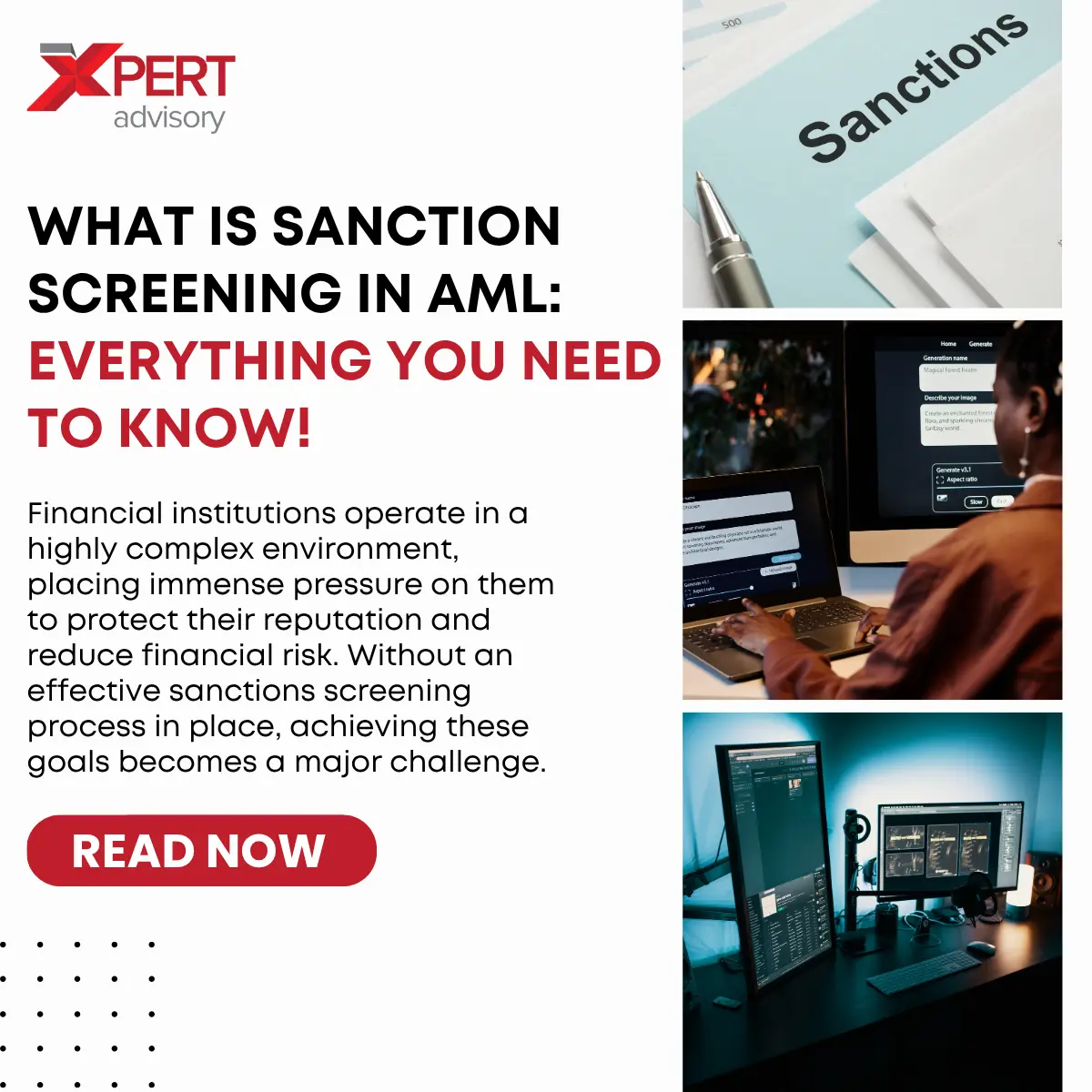Do you feel certain that your estate agency follows all the requirements set by anti-money laundering regulations? Nowadays, implementing AML requirements for your business has become simple. Proper tools and processing methods will help your real estate brokers and agents maintain compliance and protect from risks. So, in this guide, we’ll simplify anti money laundering checks for estate agents to reduce the risk of money laundering in your business operations.
What are AML Checks for Estate Agents?

Estate agents must apply AML checks as a system of procedures to stop and detect money laundering and other financial activities during real estate transactions.
Large sums of money involved in property transactions make the real estate business susceptible to activities such as money laundering. Estate transactions undergo these checks to detect individuals seeking to criminalise real estate deals with their laundering money methods.
Moreover, the Ministry of Commerce and Investment in Saudi Arabia states that money laundering activities occur frequently in societies where cash transactions are mostly preferred.
Example: HMRC Penalties for Estate Agents
The tax authority HM Revenue and Customs (HMRC) implemented 68 estate agents with total financial repercussions of AED 2,366,952* for breaking anti-money laundering compliance requirements for the real estate sector.
Signs of Suspicious Transactions in the Real Estate Sector
Suspicious transactions in real estate deals signal money laundering and terrorism financing. These signs will help you identify financing risks:
- Real estate buying and selling diverge substantially from standard market prices.
- When somebody repeats purchasing properties beyond their normal financial capability, it may indicate suspicious dealings on behalf of others.
- A client-owned company can file an official record for personal properties.
- A person asks for construction modifications to properties while using cash for investments to market the properties at elevated values.
- After refusing to finalise the transaction, the individual made big cash payments and demanded the cash as a check.
- The client makes a necessary property payment through a check from a third party who maintains a doubtful or vague connection.
- The purchaser showed no signs of wanting to inspect the property or land registry details before purchasing.
- Rapid acquisition of multiple properties without consideration for location, condition, or repair costs.
- Real estate owners disregard the property sale value while selling it.
- Recording property ownership within another person’s name for reasons of ownership concealment.
- The act of buying real estate property through overpayment, which will be refunded to the buyer through unofficial means.
- A person sells off a recently acquired property immediately after obtaining it at a reduced cost.
- The usage of real estate payments from countries labelled as high-risk.
- A single entity tries to shift its real estate funds into an overly risky geographical area.
- All transactions related to real estate become complex through purchasing and various business transactions that include reselling, exchanging, or trading properties.
- People refuse to disclose their identity to property records or create different names when purchasing deals.
- A person acquires properties through another unrelated individual’s name.
- Last-minute replacement of the buyer’s name without sufficient justification.
- Real estate transactions are funded using complex and foreign-based financing methods.
- Secret operations will be performed to hide the unlawful money source within the layering stage.
- Tourist resorts serve as a money-laundering strategy to create legal money when integrating financial criminal funds during the laundering process.
Main Components of Anti Money Laundering Checks for Estate Agents
AML regulations for estate agents require them to perform the following checks:
- Customer Due Diligence (CDD)
Estate agents need to conduct full background checks for purchasing and selling customers before starting their business relationship with them. Performing these AML procedures entails checking individuals’ identity, securing verification of their absence on restriction lists, and evaluating their available financial assets. The necessary measures aim to prove that clients maintain lawful operations while avoiding illegal money transfers.
- Enhanced Due Diligence (EDD)
Estate agents must conduct customer due diligence whenever they encounter situations that pose high risks, such as working with politically exposed persons (PEPs) or high-ranking foreign officials.
Training moves above standard CDD practices to accumulate client background data and determine their investment sources while establishing transaction intentions. Through EDD, agents are able to identify risks posed by doubtful clients who may conduct risky financial transactions.
- Transaction Monitoring
Property transaction monitoring is a continuous duty of estate agents, who must be able to detect suspicious activities related to money laundering or terrorist financing. Agents must monitor large payments or quick transactions as well as unexpected transactions that differ from the standard payment patterns of their clients and property types.
Internal policies should exist for agents to detect warning indicators that trigger additional investigations depending on the circumstances.
- Record-Keeping
Fight against money laundering requires estate agents to store detailed records documenting complete information about all deals along with their client meetings alongside their due diligence procedure checks. The records play a vital role due to their essential value for internal audits while providing essential proof in case of regulatory investigations.
When executing proper documentation, the estate agent can demonstrate compliance practices and risk-based approaches to scrutinise their activities.
- Source of Funds (SOF) and Source of Wealth (SOW)
Before property transactions, estate agents must ensure that transaction funds stem from recognised lawfully obtained sources. Estate agents assume responsibility for authenticating both how money originates from (source of funds) and how the client became wealthy (source of wealth). The verification of funds at this stage enables real estate agents to detect unlawful money flow from criminal organisations.
- Training and Awareness
Staff members of estate agencies need dedicated regular training about AML regulations and suspicious behaviour identification that are vulnerable to money laundering. All training sessions about AML compliance include lessons on identifying suspicious client signals and require staff to abide by company policy and legal framework for reporting suspicious activities.
- Risk Assessment

Estate agents must perform periodic risk assessments to determine money laundering vulnerability levels with customers, deals, and local areas. Estate agents must detect regions or clients with higher risk profiles through political instability, recognised criminal activity, and past unusual activities. The main purpose remains risk reduction by implementing proper due diligence procedures.
Assessment of Risks in Real Estate Transactions
Real estate transactions depend on proper risk assessment and management to create successful and smooth deals. The strategies entail detecting, evaluating, and minimising potential threats throughout the transaction period.
To protect their interests through sound decision-making, all stakeholders need complete risk comprehension of legal and financial dangers combined with market shifts and environmental threats.
1. Identification of Risks
Real estate transactions begin with identifying multiple potential risks because this forms the basis for risk management. Transaction risks come in various forms, including financial, legal, market-related, and environmental elements.
Each phase, from listing through closing, presents unique risks that stakeholders must identify to solve upcoming challenges before such events result in negative consequences. The market phase exposes property owners to dangers associated with overvaluation, but title disputes typically arise during closing.
2. Market Risks
Property values and economic elements that affect market stability constitute market risks in real estate. The evaluation of market trends, which demonstrates changes in demand and supply conditions, produces valuable information about a property’s estimation of future worth.
The combination of interest rates and inflation components impacts both market purchasing strength and investment yields, which leads to the necessity of performing strategy-based risk evaluation during every transaction.
3. Financial Risks
The financial risk management process depends on evaluating the financial status of buyers, sellers, and lenders. Properly evaluating potential default risks in loans or mortgages helps safeguard against money loss. Every party participating in the transaction must undergo a proper financial evaluation to demonstrate their ability to fulfil the purchase agreement.
4. Regulatory Compliance
Understanding existing legislation between different entities, including local and governmental stages, is key to preventing legal problems. Numerous laws monitor real estate transactions because they contain Anti-Money Laundering (AML) and Know Your Customer (KYC) requirements. Every aspect of the transaction needs to comply with legal standards precisely because non-compliance will trigger severe penalties.
5. Environmental and Physical Risks
The physical state, together with environmental conditions, threaten the safety as well as financial value of properties. Environmental contaminants such as soil or water pollution reduce property market value while making properties unsafe.
Strategic care expenses because of structural problems and crucial maintenance needs often burden buyers financially. Another crucial step includes scrutinising all potential risks, which helps avoid hidden costs while confirming that the property remains usable for planned purposes.
- Transaction Structure
Real estate transactions taking the form of leases, joint ventures, or sophisticated financing frameworks affect the risks the parties will face. Assessing how transactional terms establish liability and certain responsibilities helps parties minimise their exposure to financial and legal risks.
- Legal Risks
Property title status becomes vulnerable when disputes arise between parties or when zoning rules get breached, or lending restrictions impose limit use options on real estate properties. People conducting the transaction need to team up with legal experts like Xpert Advisory to ensure all necessary laws are followed while covering all required legal terms.
- Mitigation Strategies
After identifying risks, stakeholders should establish effective mitigation strategies to diminish their effects. Smooth transaction processes can be achieved through risk reduction approaches like contract contingency clauses and insurance policy acquisitions.
- Documentation and Communication

Organisations must document their entire risk assessment and the mitigation process steps to achieve transparency and hold themselves accountable. Open dialogue with all stakeholders produces mutual comprehension about identified risks and mitigation strategies implemented to manage them. Through effective communication, the transaction remains unified, minimising misunderstandings and disputes between all parties.
Final Words
Anti money laundering checks for estate agents help prevent criminals from laundering proceeds through real estate deals. Security and adherence to regulations of estate agents’ operations can be achieved through implementing procedures. Moreover, regular risk assessments for threats and staff training sessions remain critical in staying alert to future risks. In short, AML checks secure established market integrity and defend agents and their clients from unauthorised financial deals within real estate activities.
Are your AML checks strong enough to protect your business? Stay ahead of financial crime with Xpert Advisory’s expert AML solutions. From risk assessments to staff training and corporate restructuring, we help estate agents strengthen compliance and secure transactions. So, contact us now to reinforce your AML strategy!
FAQs
Why Is Anti-Money Laundering Check Necessary for Estate Agents?
Real estate transactions represent a major money laundering technique because of their substantial value scales. Therefore, estate and letting agents must follow their duties regarding anti-money laundering (AML) compliance to ensure proper conduct.
How Long Do AML Compliance Checks Take?
Standard AML checks operate at a pace of 10 minutes, yet immediate approval can be achieved without any difficulties experienced during the process. The evaluation process for enhanced due diligence requires at least a day because businesses must determine the extent of AML risk that clients present.
What Data Does the AML Screening List Contain?
AML watchlist screening examines data against worldwide blacklists and sanctions as well as listings of politically exposed people besides adverse media reports to identify high-risk customers.





